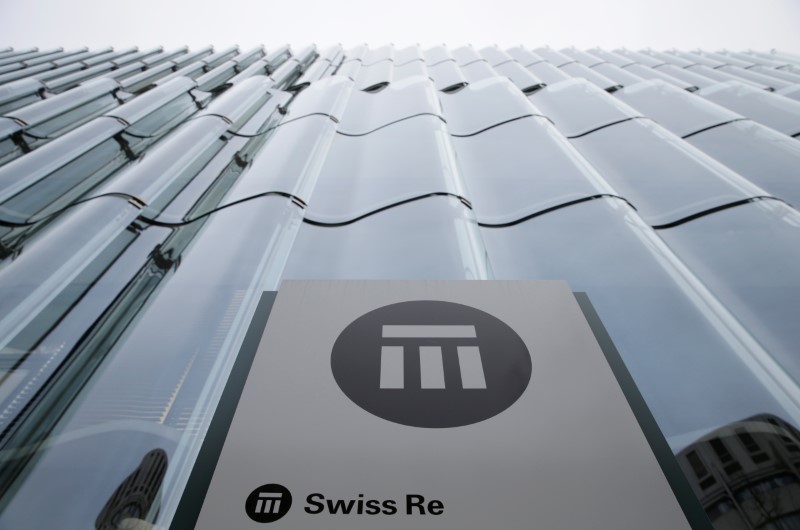(Bloomberg) -- A decade after the last financial crisis, attention is too focused on what central bankers can do to prevent the next one, according to Swiss Reinsurance Co.
With liquidity taps open and policy rates stuck in a “black hole” they haven’t managed to escape, “we should stop worrying about central bank stimulus,” Jerome Haegeli, Swiss Re’s chief economist, said Tuesday in an interview in Singapore. Rather, he said, policy makers should focus on strengthening an economy’s “resilience” -- the ability to withstand future shocks.
That would require structural reforms and regulatory changes to help private-sector capital support growth, Haegeli said. Massive global debt piles, a proliferation of negative yields and low growth trend are undermining such resilience, he said.
Markets seem to be the big winners in the decade since the financial crisis. While the global economy has grown at less than half the pace of a typical recovery, the Standard & Poor’s 500 Index -- which Haegeli said usually multiplies returns by 1.7 in the decade after a trough -- has seen returns rise four-fold since 2009.
“Everybody believes inflation is dead,” Haegeli said. “It’s not. We have asset-price inflation.”
Here’s more from the interview:
- He sees a 35% chance of a U.S. recession. While the Federal Reserve generally has shown prudence in this cycle, the type of “insurance cuts” it undertook in July are ill-advised
- The response to the next global recession will likely require a “marriage” of fiscal and central bank policy
- “I’m more concerned about central banks being hostage to financial markets” than any political pressures they might be responding to
